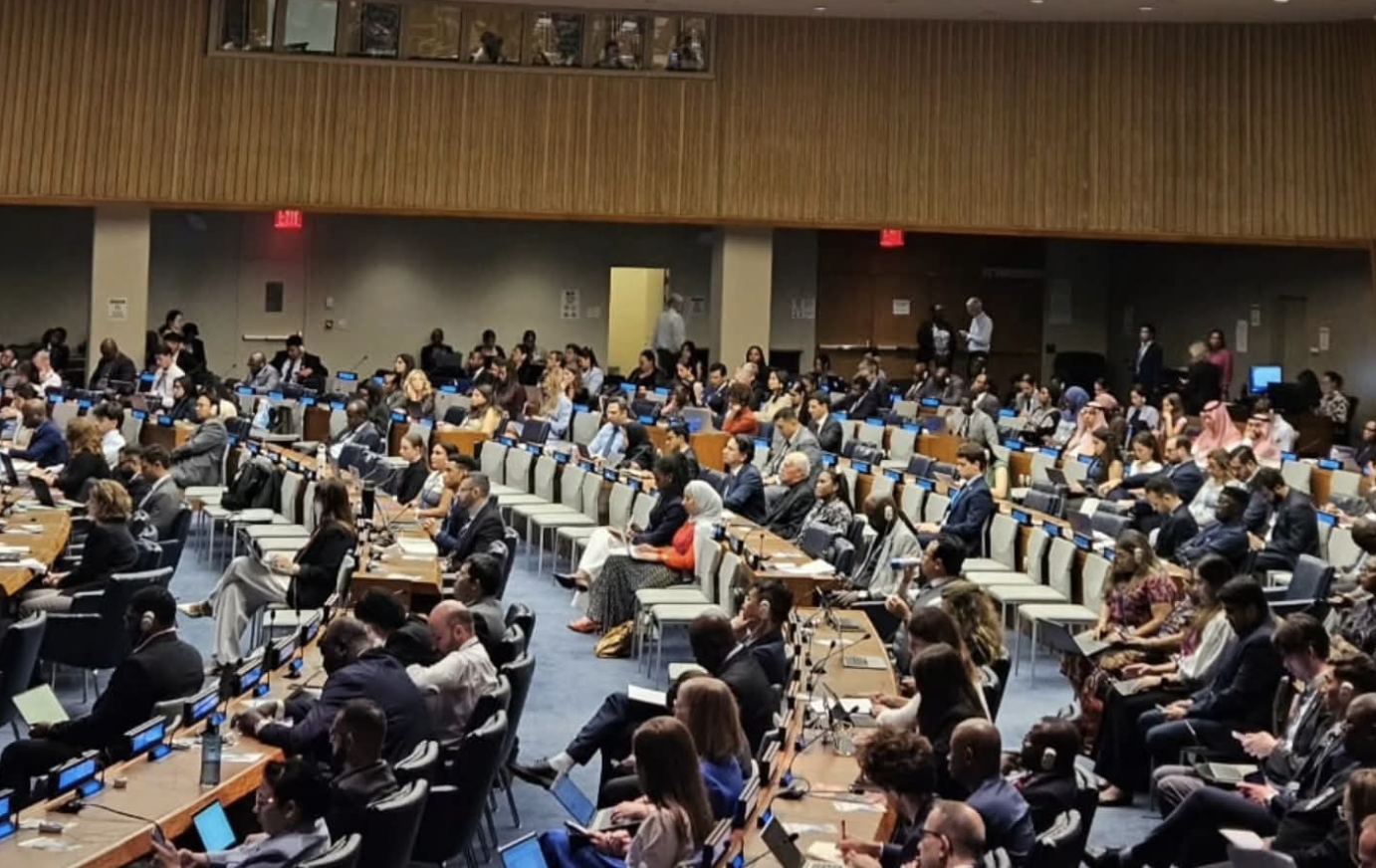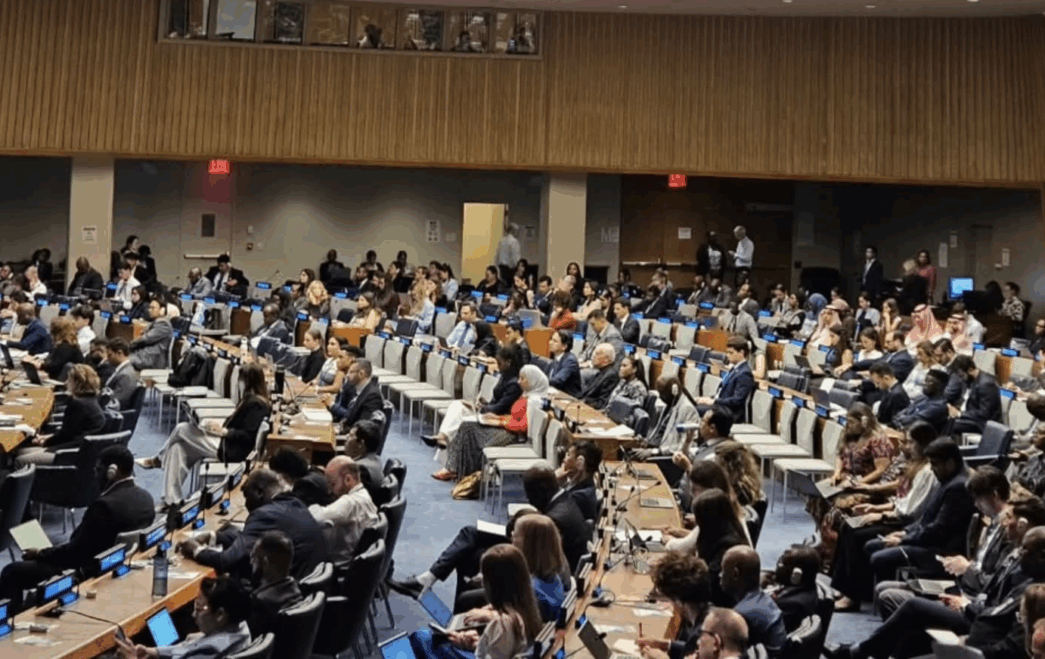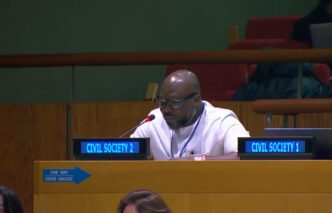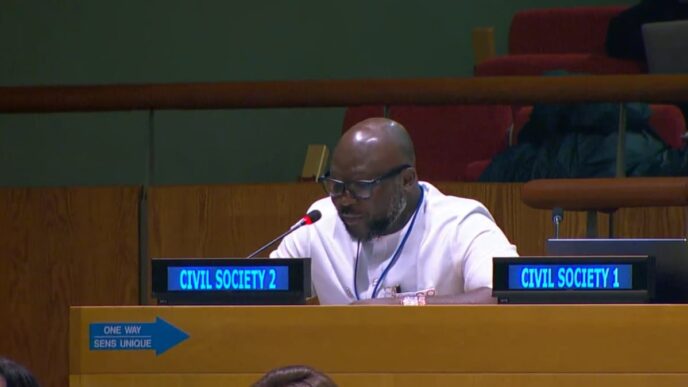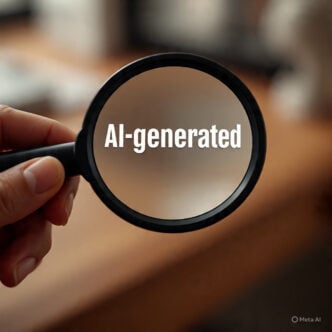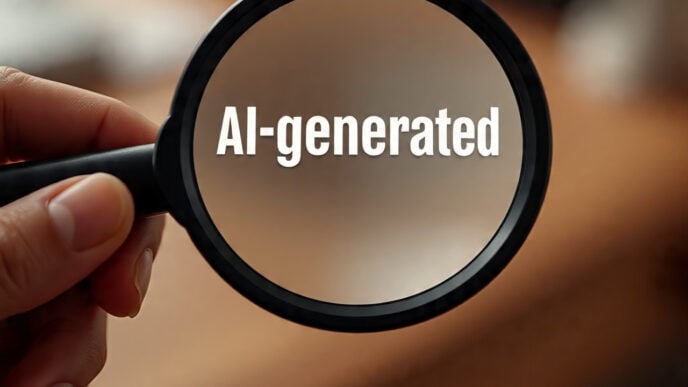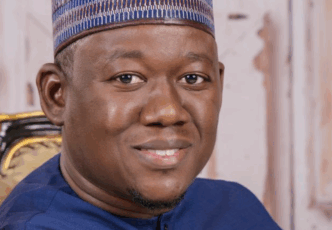Waterlight Save Initiative, a non-governmental organisation (NGO), has released its written statement at the 2025 United Nations Economic and Social Council (ECOSOC) Segment and the High-Level Political Forum (HLPF).
The statement underscores the organisation’s commitment to achieving the United Nations Sustainable Development Goals (SDGs) through people-centered and evidence-based strategies.
The organisation’s highlighted its core focus areas which includes; Technology Adoption and Research; Economic and Legal Empowerment; Legal Reform and Policy Advocacy; Capacity Building and Education and Awareness Raising.
“As the global community approaches the 2030 Agenda deadline, Waterlight Save Initiative continues to prioritise urgent global challenges such as poverty, climate change, displacement, food insecurity, and youth unemployment,” the statement read.
Advertisement
The organisation also listed its key milestone achievements in the UN Submission;
Outreach & Advocacy: Reached over 10,000 youth and women across Nigeria, addressing exploitation, limited access to finance, and gender-based violence.
Youth Engagement: Engaged 20,000 socially excluded young people, women, and persons with disabilities in policy advocacy and development programs.
Advertisement
Vocational Training: Provided critical skills in digital literacy, entrepreneurship, and technology.
Solar Infrastructure: Installed clean-energy, solar-powered boreholes in underserved communities to improve safe water access.
Mentorship: Supported 10,000 women with disabilities in agribusiness and reached 5,000 survivors of sexual abuse and exploitation.
Waterlight Save Initiative emphasised its collaborative approach with key development partners, including USAID, UN agencies, diplomatic missions, and relevant government institutions, fostering inclusive development and resilience-building among vulnerable populations.
Advertisement
In its call to action, Waterlight Save Initiative called on ECOSOC member states to increase investment in grassroots civil society organisations and support enabling environments for nonprofit innovation.
The organisation emphasised the importance of strong partnerships with governments, the private sector, and NGOs in achieving equity and inclusive development globally.
